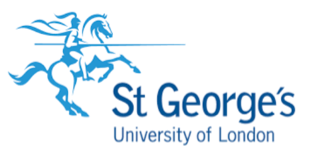

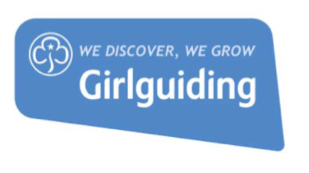


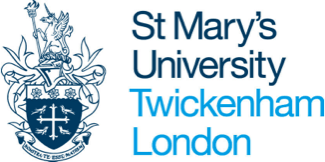
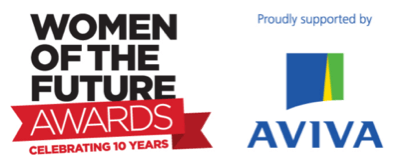


Ektaa means unity in the Panjabi language. Ektaa’s primary aim is to create an inclusive environment for all and to improve the representation of underrepresented groups within organisations, thus retaining diverse talent.
Organisations with robust ethnic-minority representation in leadership teams are 33 – 36 % more likely to outperform their peers on profitability
of newly promoted ethnic minority females report receiving support from their direct manager as a key contributor to their success (compared to 55% of white males)
of ethnic minority females, were more likely to resign compared to their counterparts, despite having the same performance rating
of senior leaders in the 100 largest UK employers, were homegrown talent. Therefore retention and promotion are key to diversify senior leadership positions
*Data derived from MCKinsey & Company (2023)
This concept emphasizes the importance of collaboration, communication, and mutual respect among colleagues in order to achieve common goals and objectives.
When employees feel a sense of oneness at work, they are more likely to be engaged and committed to the organization’s mission and values. This can lead to increased productivity, better communication, and a more positive work environment.
We create a bespoke solution tailored to your organisation.
An inclusive workplace culture values diversity, embraces differences, and provides equal and equitable opportunities for all employees to thrive.
We can help you to create an environment where everyone feels valued and included.
We are a social enterprise and our mission is to create an inclusive environment for all and fix leaky pipelines from which diverse talent are lost.
We support the growth of diverse talent, in an equitable way, ensuring they are well represented within the organisational hierarchy.
Equal representation with respect to equity means that all individuals have an equal opportunity to be represented in decision-making processes and institutions, having accounted for historical or systemic disadvantages they may have faced.
Inequality (inequity), a lack of diversity, and a lack of inclusion is a recognised problem in the UK higher education sector. This is especially noticeable amongst postgraduate research students. The problems span several characteristics (e.g. gender, age, and disability), but there has been a particular focus recently on ethnicity, race and alma mater (where their previous degree was awarded from).
Ultimately, achieving equity requires a commitment to understanding and addressing the unique challenges faced by all.

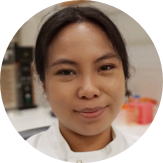
Lien Salcedo

Somto Muoneke

Samia Tajbiha

Maya Caan

Gresilda Asllani

Lakshmi Pathmanathan

Rahil Isar

Javeria Nishtar

Rutendo Makuve

Ilyas Moosavi

Diyana Anthony

Sabrin Mohamed

Ruchi Wadhwa

Giulia Kengne Fotso